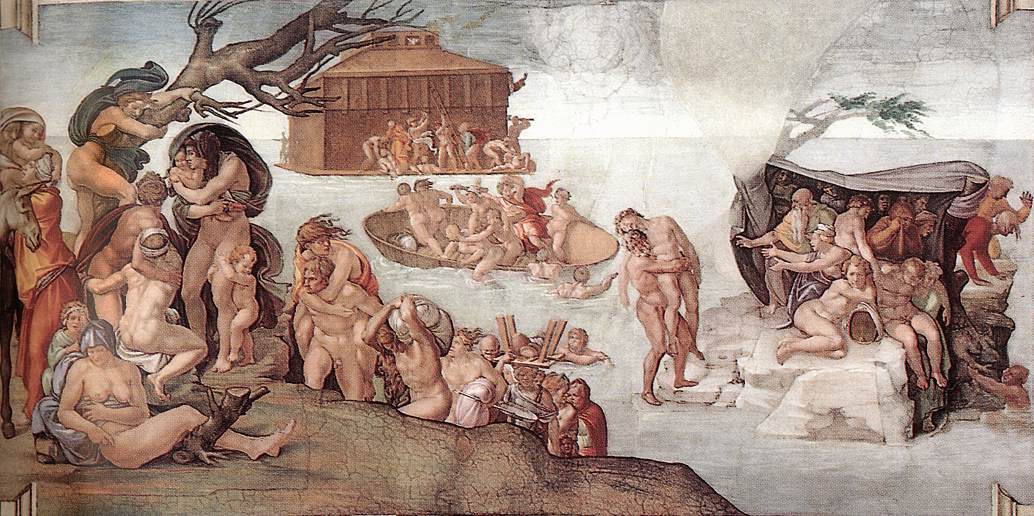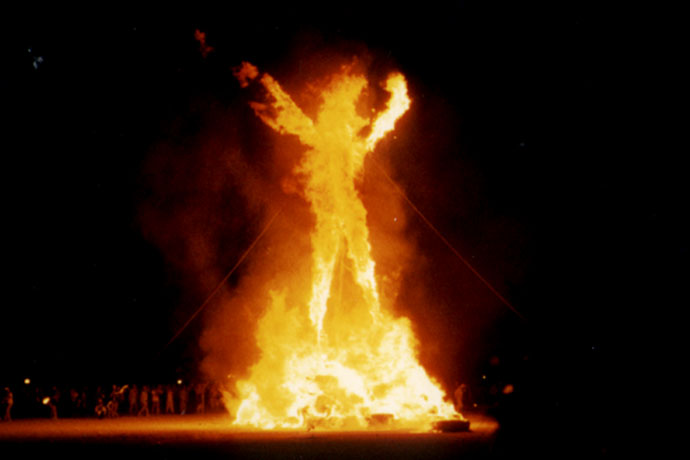phrenology (fre.nol'o.ji), n. (phreno + -logy; cf F. phrenologie) The study of the conformation of the skull as indicative of mental faculties and traits of character, esp. as according to the hypothesis of F.J. Gall (1758-1828); also, the system of faculties and their localization based upon this hypothesis.

Phrenology was an idea that worked at a time when physicians and academics didn't concern themselves with the trivia or worth of their social and ethnic inferiors. If someone looked different, whether that resulted from a lifetime of poor nutrition and hard labor or from foreign ancestry, there was clearly something wrong with them. Phrenology sought to map out everything wrong with deviating from the appearance of upper-class society of western Europe.
Academia evolved, recognizing that intellect, taste, and morality were not merely burdens of the elite. Phrenology became a joke, an example of bias creating idiotic science that created more bias. Bugs Bunny and C. Montgomery Burns practice phrenology.
Somehow, we've witnessed the recrudescence of phrenology in recent years. It's not more of Sherlock Holmes’ descriptions of the "sloping criminal forehead". It's a bit more insidious than before, but like our first crack at phrenology proper, sounds very convincing.
As readers, observers, and consumers, we are being measured and judged constantly. Advertising companies attempt to sell you an image- an identity- less than they try to promote the merits of a product. Books, magazines, and newspapers are all products edited to present the most marketable content. In making a decision about what to print and how to say it, they influence your thinking on the basis of marketing statistics.
Our interpersonal relationships, from the instantaneous to the intimate, contain similar snap-judgments. Take the AP photographs from New Orleans, describing a Caucasian couple “Looking for supplies”, and another of two African American men “looting”. You do something similar but more subliminal to your friends, your spouse, your boss, and the homeless guy on the corner (whose name in this case happens to be Ray; he used to be a Marine). Of course, you know all of this already. This is our wilderness.
With this in mind, I started Phrenology. Rather than being motivated by profit or politics, I (like many bloggers) write to become a better writer, to interact with you, to learn, to give insight, and because I feel compelled to put pen to paper.




 Hugely dissapointing, June 14, 2006
Hugely dissapointing, June 14, 2006 
 Even Better Than 2005 National Painting Cost Estimator (National Painting Cost Estimator)!, May 29, 2006
Even Better Than 2005 National Painting Cost Estimator (National Painting Cost Estimator)!, May 29, 2006
